In many ways, the Comprehensive Economic Partnership Agreement (CEPA) between India and the United Arab Emirates (UAE) is being hailed as momentous. The accord is intended to give a huge boost to cross-national trade in products and services. India's third-largest commercial partner is the Gulf country. The massive agreement was struck during a virtual summit between India's Prime Minister Narendra Modi and Abu Dhabi's Crown Prince Sheikh Mohamed bin Zayed Al Nahyan.
"This deal will usher in a new era in our bilateral economic relations, with bilateral trade volume rising from $60 billion to $100 billion in five years," Prime Minister Modi stated.
CEPA, according to Commerce and Industry Minister Piyush Goyal, will provide labor-intensive industries a boost. The CEPA pact, according to Goyal, contains numerous firsts. The treaty, which was signed in a record-breaking 88 days, included a permanent safeguard mechanism that can be used in the event of a sudden rise in imports, as well as tight origin regulations that will prevent items from other nations from entering the CEPA trade route.
The CEPA is projected to expand commerce, both products and services, and investment opportunities between the two countries. After the United States, the UAE is India's second largest export destination. Official estimates suggest that the India-UAE free trade agreement (FTA) will benefit $26 billion in domestic goods currently subject to a 5% tax.
The UAE is a key worldwide redistribution hub, with much of Africa's exports passing through Dubai. According to the Federation of Indian Export Organizations, the FTA will boost the establishment of warehousing or distribution centres in the UAE for exports to Africa (FIEO).
According to Sribash Dasmohapatra, Executive Director of the Plastics Export Promotion Council (PLEXCONCIL), India imports $14 billion worth of plastic raw materials each year, but just $800 million worth of plastic-based imports from the UAE. The Emirate's global plastics imports, on the other hand, are worth $9 billion. However, it imports plastics from India valued barely $400 million. As a result of the built-in trade concessions, the domestic plastics industry should benefit from this "game-changing" CEPA.



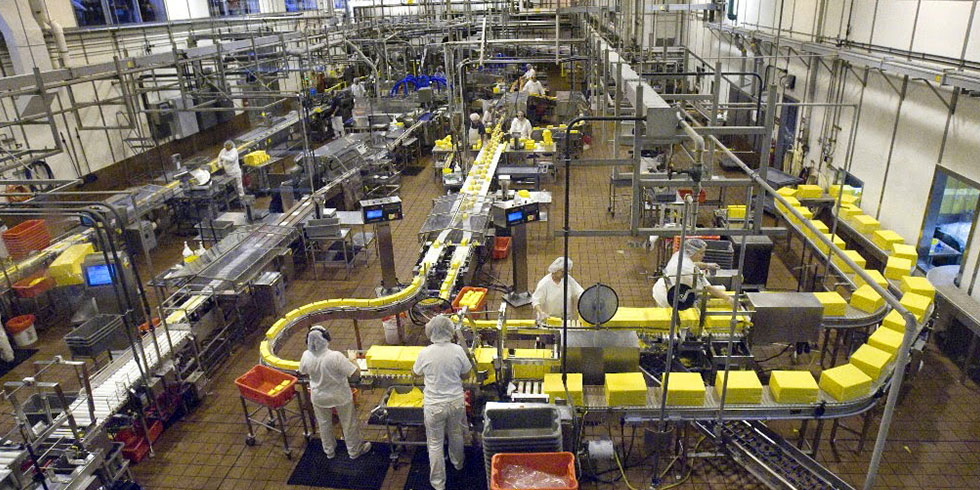
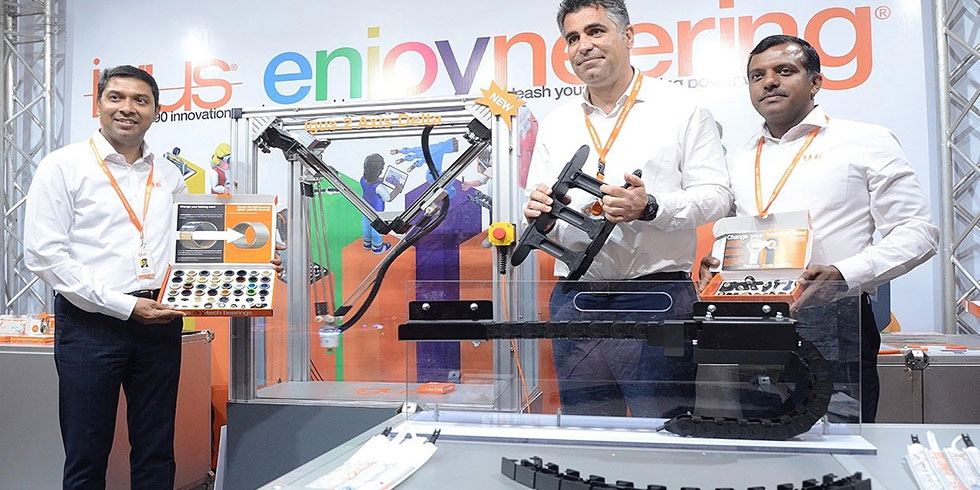
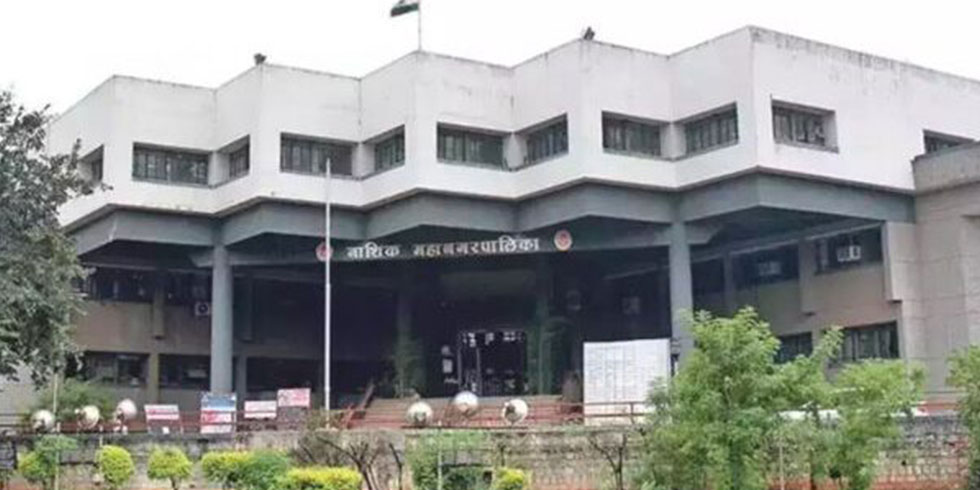
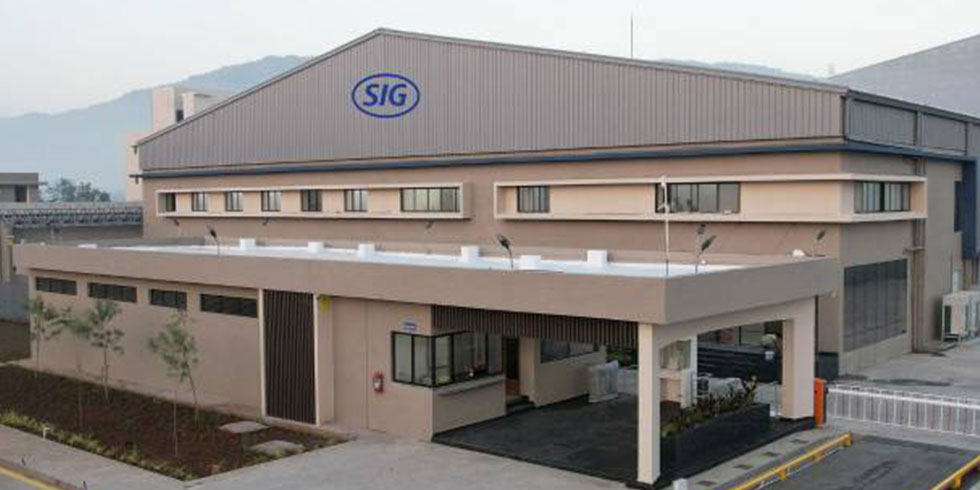
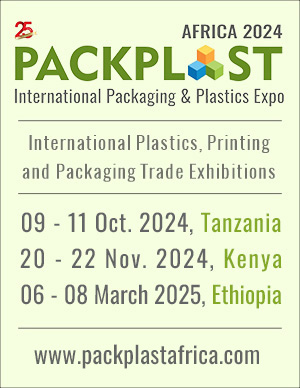
Add Comment